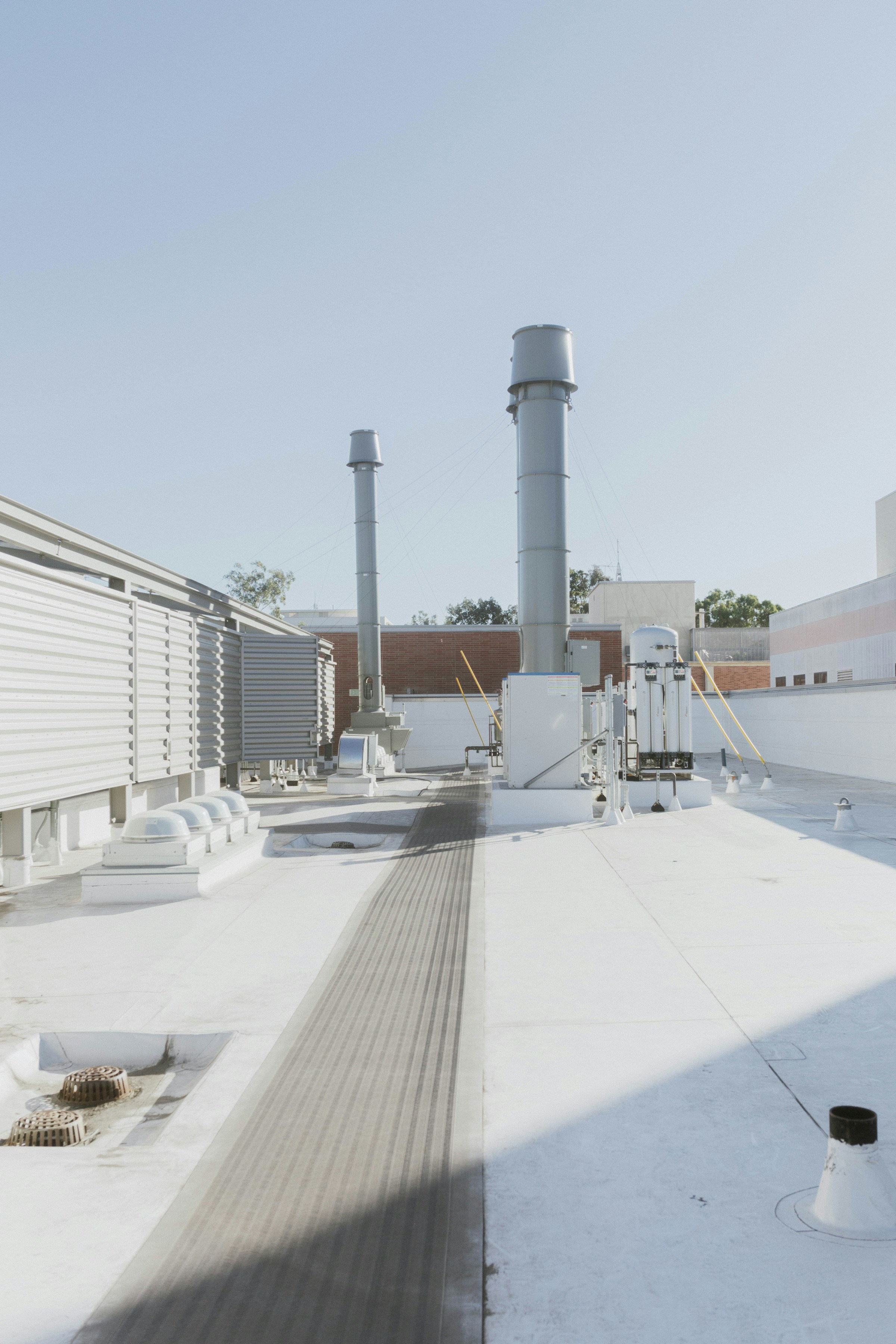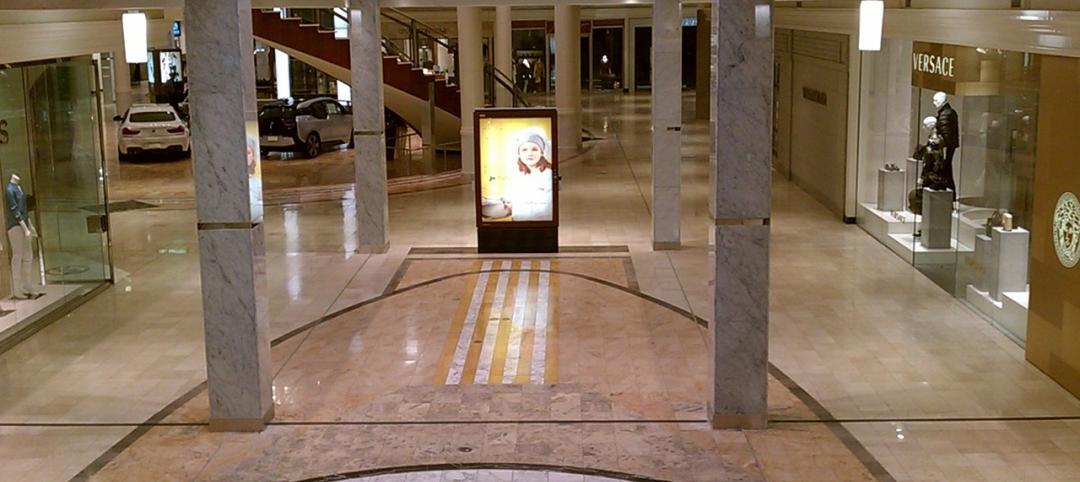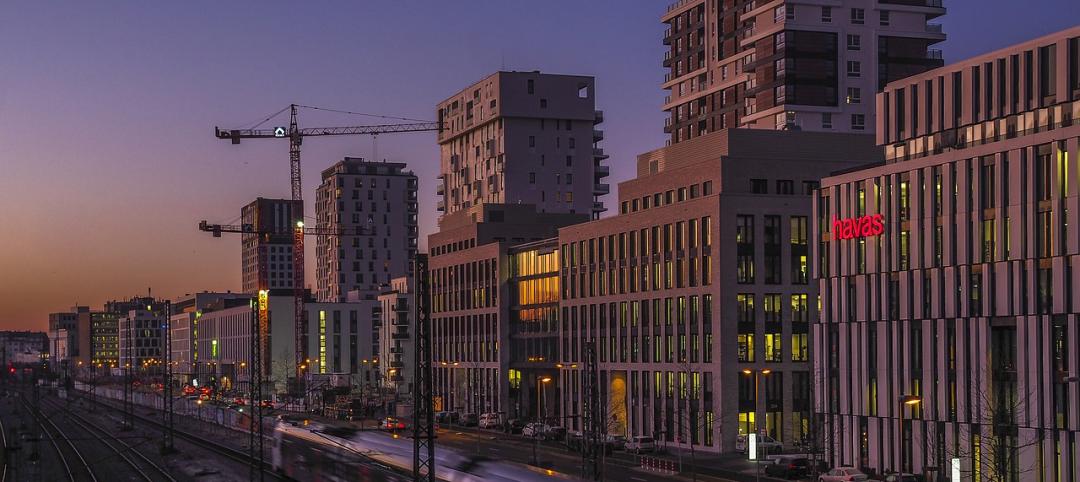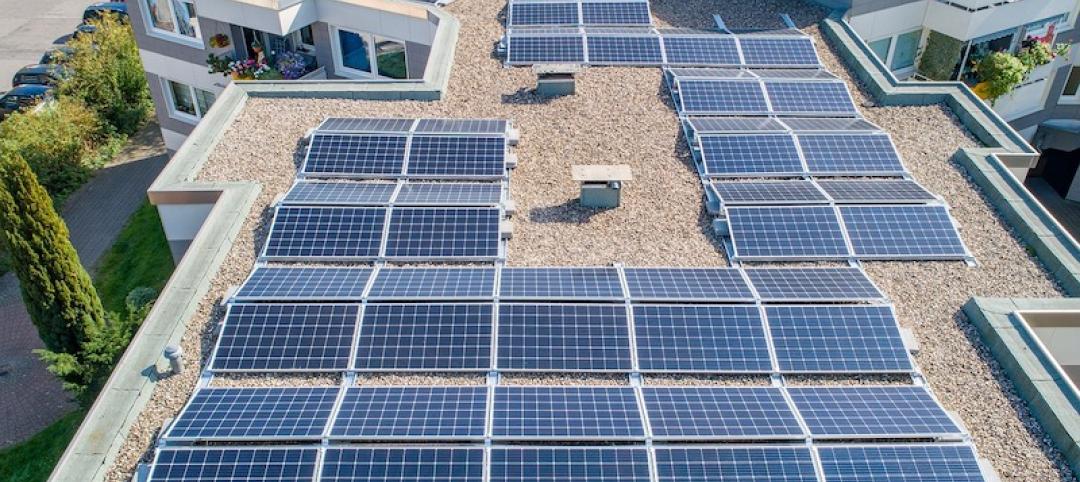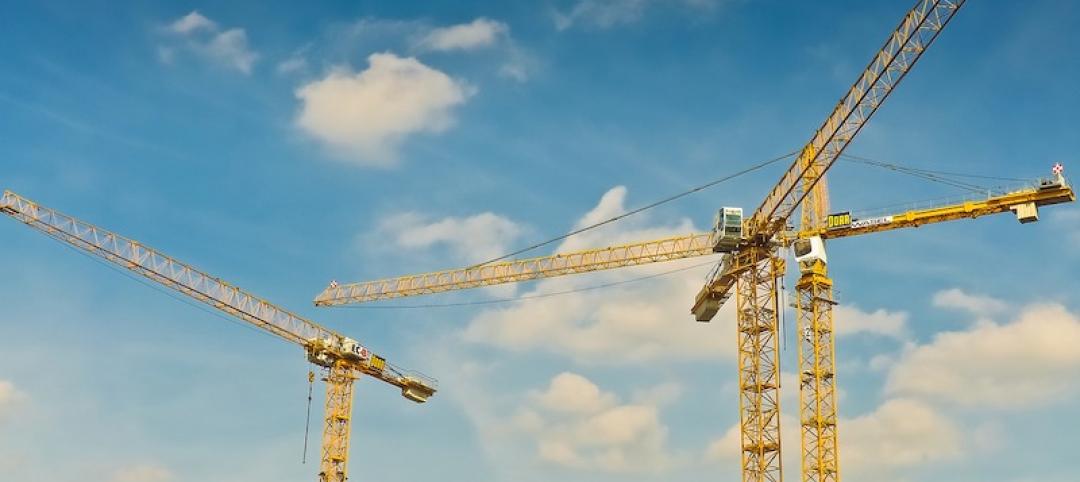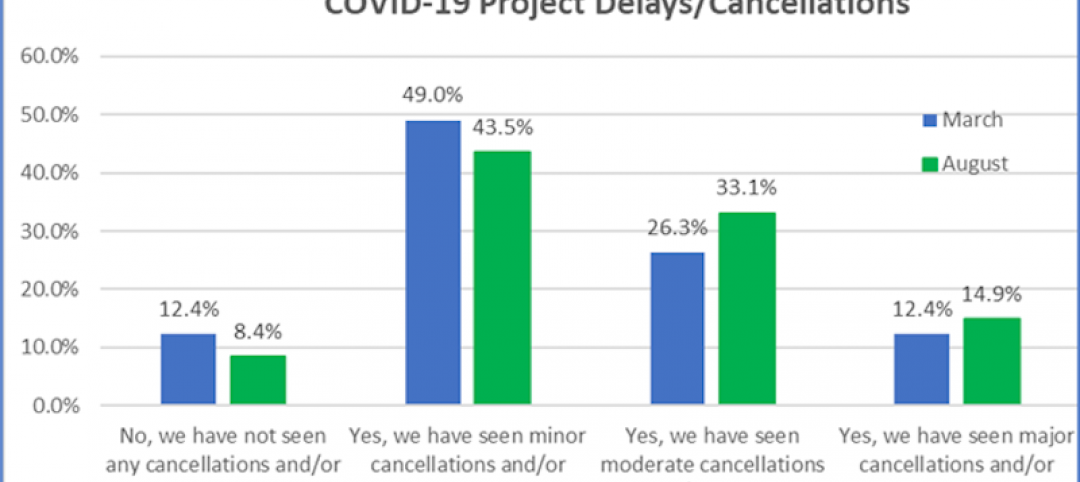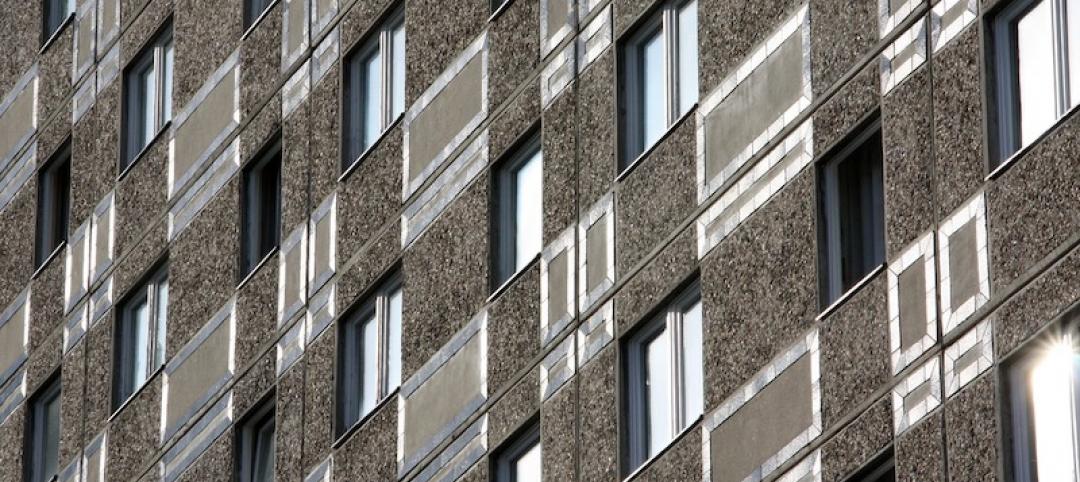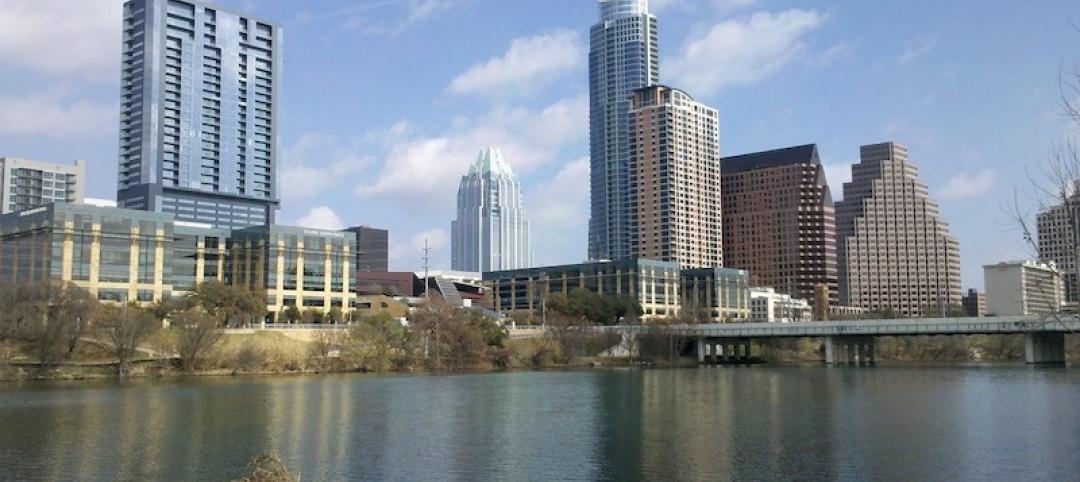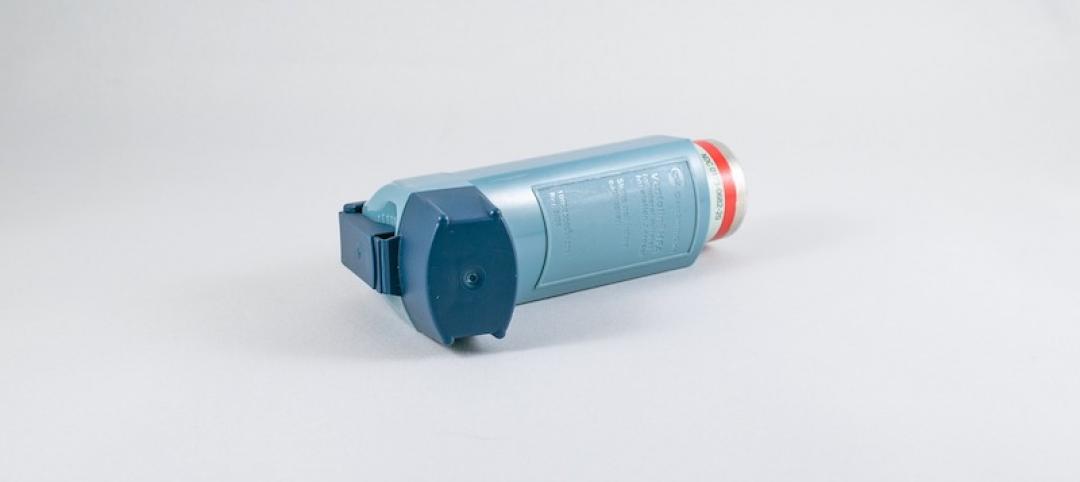A new technical brief from SPRI, the trade association representing the manufacturers of single-ply roofing systems and related component materials, addresses construction-generated moisture and its impact on commercial roofing systems.
Construction-generated moisture comes from activities including pouring concrete, burning propane heaters, painting, plastering, and drywall finishing. These activities can contribute to excessive levels of relative humidity inside the structure when proper remediation measures are not taken. Accumulation of condensation within the roofing assembly and within the structure can result when the temperature is at or below the dew point.
To control moisture, designers must identify the sources of moisture and develop a remediation plan during the design process. To reduce the probability of condensation, buildings under construction must be adequately ventilated, particularly during concrete hydration and other high moisture-related construction activities.
SPRI recommendations include avoiding the use of wet materials or materials with excessive moisture, installing vapor retarders in the roof assembly, avoiding penetrating vapor barriers, installing at least two layers of insulation, and always sealing deck-to-wall joints and gaps around roof penetrations.
Related Stories
Adaptive Reuse | Oct 26, 2020
Mall property redevelopments could result in dramatic property value drops
Retail conversions to fulfillment centers, apartments, schools, or medical offices could cut values 60% to 90%.
Codes and Standards | Oct 26, 2020
New seismic provisions for the National Earthquake Hazards Reduction Program released
The provisions present a set of recommended improvements to the ASCE/SEI 7-16 Standard.
Codes and Standards | Oct 22, 2020
More than 130 building projects have engaged LEED’s Safety First Credits in response to COVID-19
Best practices helping companies develop and measure healthy, sustainable, and resilient reopening efforts.
Codes and Standards | Oct 21, 2020
New technologies and techniques can ‘future-proof’ buildings
Net-zero principles may give buildings longer lives.
Codes and Standards | Oct 20, 2020
Updated AIA Contractor’s Qualification Statement and Warranty Bond documents available
Statement now includes safety protocols and plans, sustainability, and BIM experience.
Codes and Standards | Oct 19, 2020
NEXT Coalition chooses five pilot projects to fight COVID-19 on jobsites
Mobile platforms, wearable sensors, AI video systems among the trial solutions.
Codes and Standards | Oct 15, 2020
Neighborhoods Now offers cost-effective, DIY designs in response to COVID-19 pandemic
Designs include barriers for outdoor dining, sidewalk retail displays, and modular seating for public spaces.
Codes and Standards | Oct 14, 2020
Standard contract document for prefab and modular building released
ConsensusDocs addresses the most common prefabricated construction use-case scenario.
Codes and Standards | Oct 13, 2020
Austin is first major Texas city to adopt wildfire code
New ordinance based on the International Wildland-Urban Interface Code.
Codes and Standards | Oct 12, 2020
Guidance offered for K-12 schools to support students with asthma
Green purchasing policies for cleaning, filters, furniture and other products encouraged.


